Anxiety Caused by COVID-19 and Tips on How to Handle It
EvCC faculty and students discuss anxiety and anxiety relief.
People’s lives are still being affected by the COVID-19 pandemic.
“I lost my job temporarily and have never been unemployed for such a long period of time. I have to keep reminding myself that all of this is temporary and things will return to a semi-normal state,” EvCC student Adrienne Plummer said.
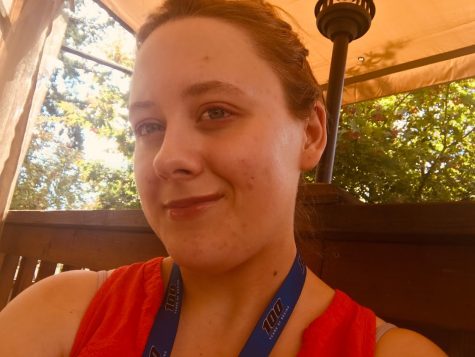
Kennedy Olszewski, another EvCC student said, “the news, self depression, and staying inside,” all make her feel anxiety. “It was too much, and it made me cry too much knowing how many people got sick, and weren’t able to be saved, and have died.”
In such a difficult period, individual students experience different levels of anxiety in different situations. How to alleviate and smoothly pass has become an issue that many people need to solve.
Dr. Diane Brown, psychology program advisor and instructor at EvCC, said that anxiety can often promote us to discover and achieve our goals. Once the task is over, the anxiety can be relieved naturally. However, the difference under the influence of the pandemic lies in, “The unknown of when this will end. There is no deadline per say,” she said.
Dr. Brown continued, “The lack of control over what will happen in the future will also increase our anxiety.” Dior Nazarov feels pretty good most of the time because he has parents around. However, he has some concerns about the future, “How uncertain it can be does make me feel a bit anxious at times.”
Dr. Brown said, “When anxiety becomes overwhelming and pervasive, it takes over and inhibits our ability to focus, concentrate, and do well.” But there are ways to help deal with anxiety. Olszewski usually overcomes anxiety by exercise, feelings journaling, drawing or mancala (a board game). Adrienne said, “staying informed but avoiding an overload of news,” she distracted herself through cleaning up or watching a new movie.
Dr. Brown shared some ways to deal with anxiety.
- Acknowledge that you can’t control everything. If “let it go” doesn’t work, try to enter a routine mode that you can control. For example, “set your alarm clock as if you need to be at school at a certain time if you aren’t waking up… Prioritize your school work by checking in to each Canvas course daily and making your own calendar to look ahead by week, or even the entire quarter for big projects and exams.”
- Ask your family to give you space and make a moment of relaxation. Brown suggests that we should have a “stop time” for the end of the school day.
- “Do anything you can control”, such as walking, riding, even if just picking up mail or taking out the trash. Brown said,“I do think spacing out your work throughout the day and week is important both for fatigue and enhances memory retrieval.”
- “Avoid taking drugs, unless prescribed and taken correctly.” Brown explains that it may lead to self-medication, worsening sleep, increased anxiety and depression, and may also become addictive.
- Determining how much you can handle, what is worth it, and what you can control.Brown said, “If giving one thing up to manage your anxiety helps, then that may be the best decision.” It all depends on the individual. Brown shared an example, “One student who added a couple days into the quarter enthusiastically emailed me for permission to add my course because he knew he needed more to do to keep him engaged and accountable with deadlines during this quarantine… Quite the opposite, another student dropped after the first week, sending me a heartfelt email that he just knew he couldn’t concentrate or manage the class during this time.”
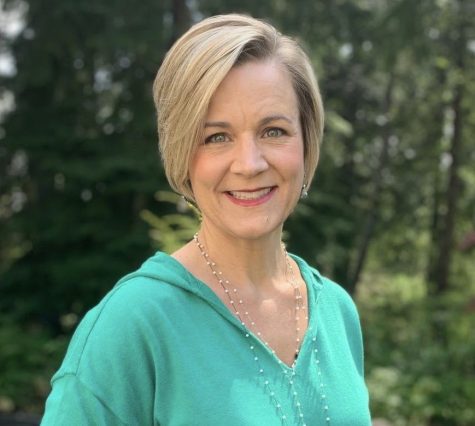
Dr. Brown also suggested that we should drink plenty of water, maintain a healthy diet, and limit drinking alcohol, because alcohol can cause drowsiness and interfere with sleep.
Dr. Brown also is making related proposals, “I am curious to learn if some students may actually be feeling less anxious, in particular if students with social anxiety disorder or autistic students who find the demands of face-to-face school overwhelming and this new world as a preferred relief.”
Laura Wild, Senior Associate Nutrition Faculty, gave some detailed tips of how to eat healthy during quarantine:
- “Stress eating is real! When your life is turned upside down, and you can’t expect to go back to your “normal” routine anytime soon, it’s important to pause, take a deep breath, and remember that this really is a short-term interruption. Now is a good time to assess your eating habits and determine if any need to be changed. Maybe track what you eat for a day; if you are brave, look up the nutrient content of what you are using your favorite app, Sparkpeople, or Nutritiondata.”
- “Stick to a schedule with your eating. Aim to eat at the same time each day, stay away from the kitchen between those times.”
- “Avoid stocking up on the wrong kinds of food. While you may feel good about having a year’s supply of your favorite treats on hand for the next lock-down, the temptation to eat them all may be too great to overcome, particularly if they are in plain sight.”
- “Be mindful before mealtimes. Pause, take a deep breath, and ask yourself what you really want. Is it food, or is it a distraction? If you are bored, what else can you do, besides eat?”
- “Talk to people. A good conversation may be more fulfilling than a pint of ice cream, and can divert your attention away from eating.”
- “Enjoy a treat every day. Yes, you deserve to eat at least one thing that gives you joy. Pay attention to how delicious it is, and don’t overeat.”
- “Now is a good time to change up the protein you eat. If you regularly ate beef or pork, try frozen fish (which is quick to cook and very sustainable), eggs, tofu, or plant proteins like beans.”
- “Aim to eat more whole grains, like 100% whole wheat bread, brown rice, and oats. Not only are these inexpensive and filling, but their high fiber content will keep you regular when you aren’t getting as much exercise as you need.”
- “Snack on fruit and vegetables. Cut them into interesting shapes and keep them in the front of your fridge to catch your attention. Have some hummus or dressing to dip vegetables in, or try dipping fruit in flavored yogurt for a quick fruit salad effect. These have fiber and a bunch of vitamins and minerals that will keep your immune system healthy.”
If cooking isn’t your thing, check out the Community Kitchen Club at EvCC. They met through Zoom every other Thursday this spring quarter to help build cooking skills and community. The next event is Thursday, May 28 at 5 p.m., and the theme is “Upgraded Ramen.” Check out the EvCC homepage for details and a Zoom invitation.
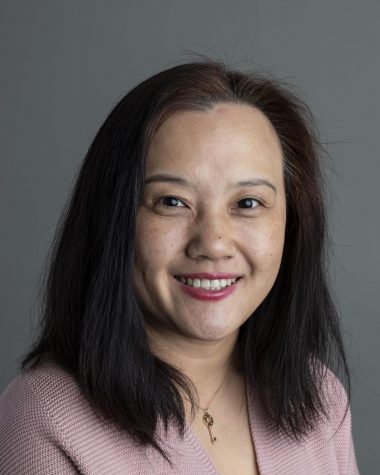
What interests you about journalism?
Journalism could provide independent thinking by reporting facts and opinions for people around the community or...

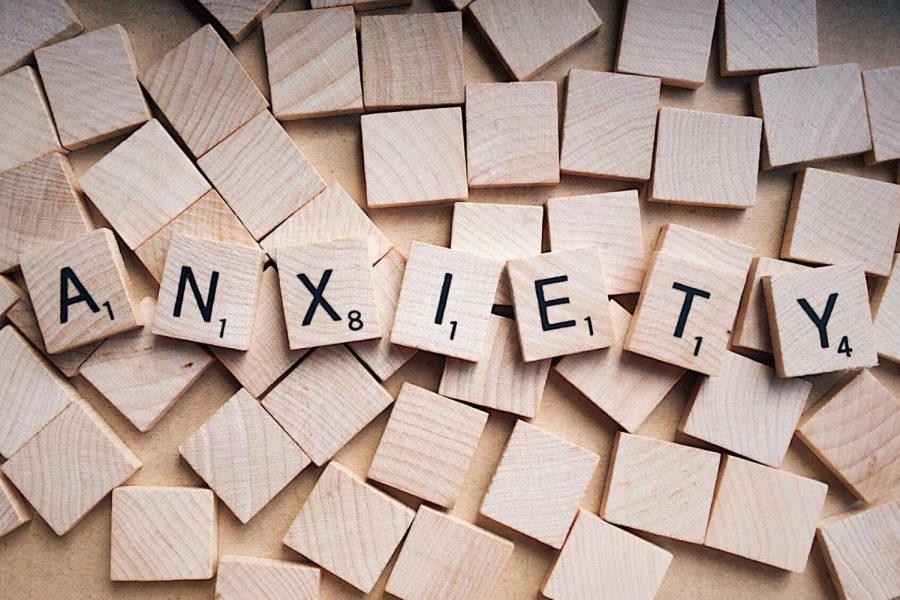


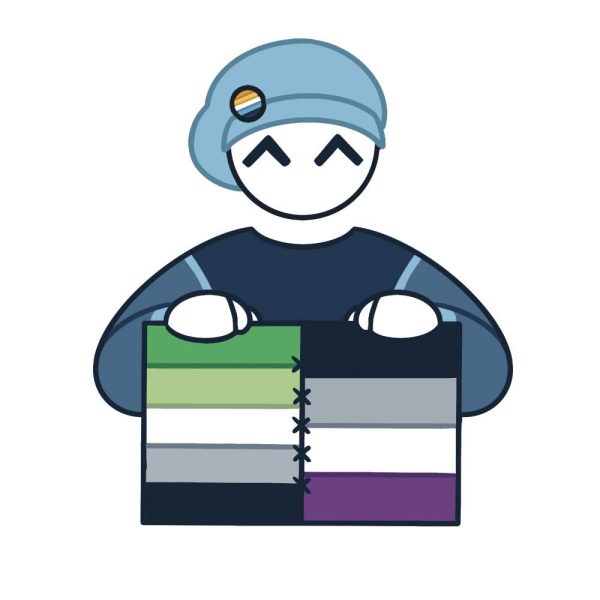

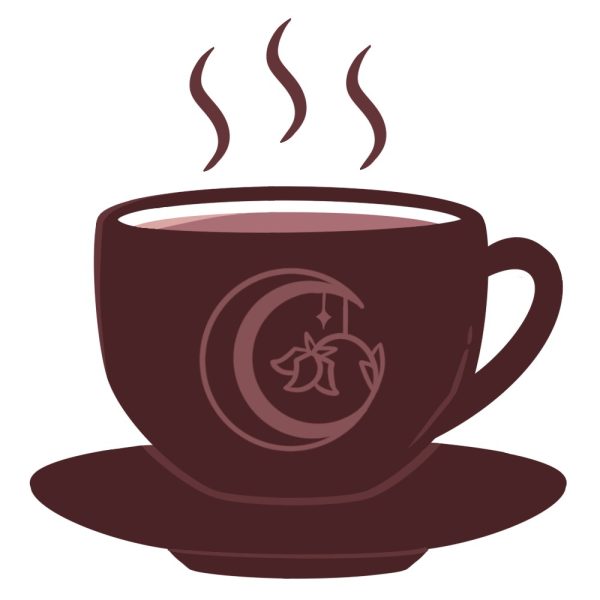
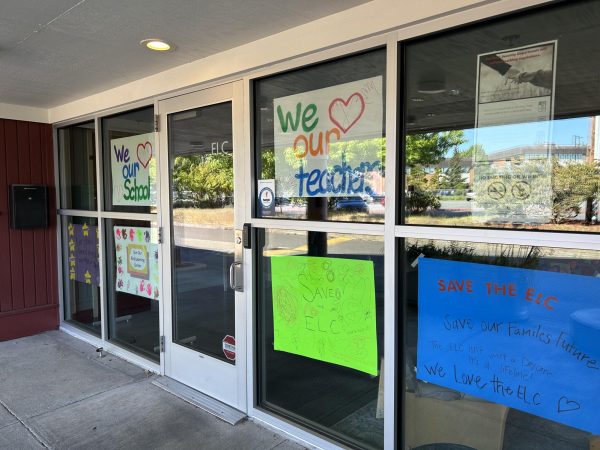


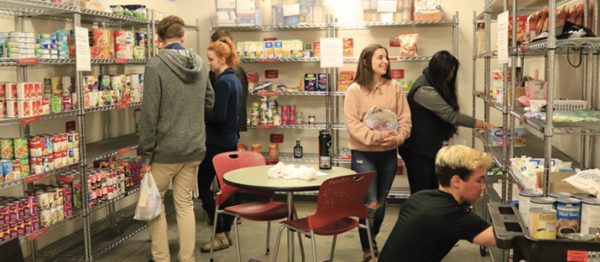
Taylor Hansen • Feb 12, 2021 at 12:29 pm
My anxiety has been through the roof lately since I’m having a hard time finding a job that pays better during this climate. You make a good point about knowing what you can’t control and having a routine in mind. I’ll be sure to remember this while juggling classes and looking for a therapist. https://novapsy.com/psychologist